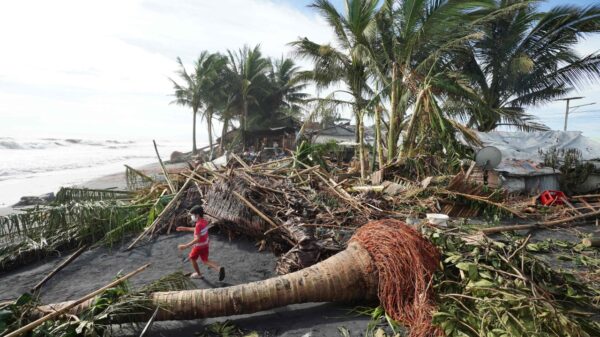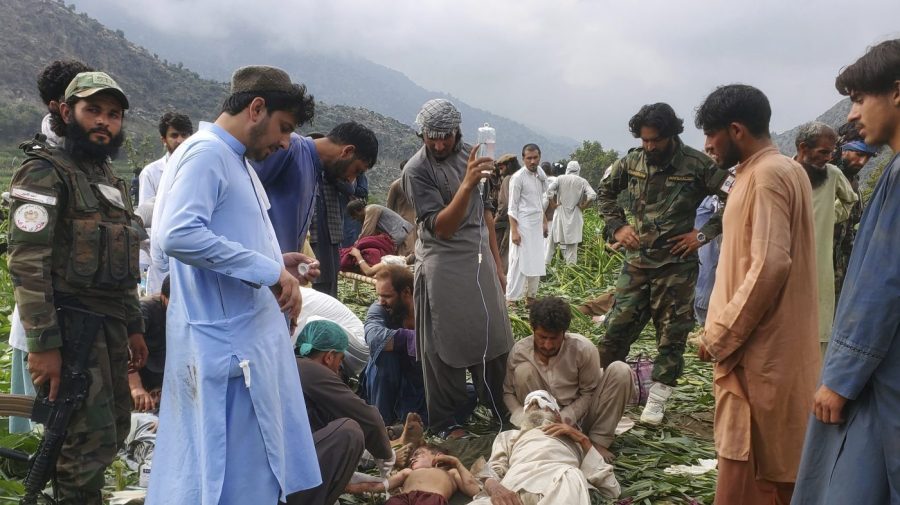A powerful earthquake measuring 6.0 on the Richter scale struck eastern Afghanistan late on June 25, 2023, leading to significant loss of life and widespread injuries. According to the Taliban government, the disaster has claimed approximately 800 lives and injured over 2,500 individuals. The earthquake occurred at 11:47 p.m. local time, with its epicenter located about 27 kilometers (approximately 17 miles) east-northeast of the city of Gardez in Paktika Province.
The earthquake’s impact has been felt across multiple provinces, including Khost, which is situated nearby. Rescue efforts have been complicated by the challenging terrain and ongoing aftershocks. The Taliban government has mobilized emergency response units to assist affected communities, but access to remote areas remains limited.
Hospitals in the region are overwhelmed with casualties, struggling to provide adequate care to those in need. Local health officials report a critical shortage of medical supplies and personnel. “We are doing everything we can to help the injured,” stated a health official from the regional hospital. “But we require urgent assistance from international organizations.”
In the wake of this tragedy, the Taliban has appealed for international aid to support recovery efforts. Aid agencies are preparing to respond, but logistical challenges are expected to hinder immediate assistance. The United Nations and various non-governmental organizations have expressed concern over the situation and are coordinating potential relief efforts.
The earthquake comes as Afghanistan continues to grapple with the aftermath of decades of conflict and a severe humanitarian crisis. The country faces significant economic challenges, leading to heightened vulnerability among its population. Many families in the affected regions were already struggling, and this disaster exacerbates their plight.
Survivors have begun to recount the terrifying moments of the quake. “I thought the house was going to collapse around us,” said one resident from Gardez. “We ran out into the street, but it was chaos everywhere.”
As rescue teams work tirelessly to find those trapped under rubble, the full extent of the damage remains unclear. The Taliban government’s response will be closely watched, as international observers evaluate the effectiveness of their emergency management.
This earthquake is one of the deadliest to hit Afghanistan in recent years, highlighting the country’s susceptibility to natural disasters. Historical data indicates that Afghanistan experiences frequent seismic activity, yet the lack of infrastructure to withstand such events leaves communities at high risk.
As efforts continue to assess the damage and provide relief, the international community faces a crucial moment to support Afghanistan in its time of need. The scale of this disaster serves as a stark reminder of the challenges faced by the Afghan people, urging a response that prioritizes humanitarian assistance and rebuilding efforts.








































































